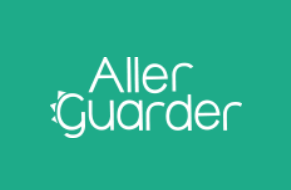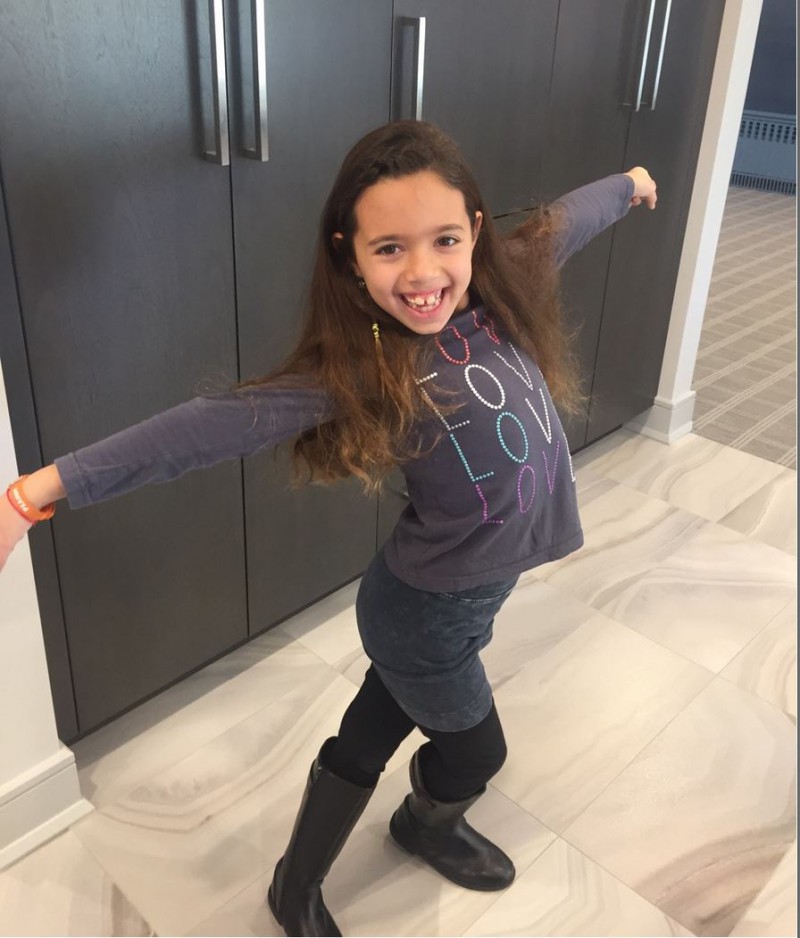I recently blogged about the false-alarm allergic reaction my daughter experienced while we were on a family vacation this past January in Miami. What I haven’t written about is that she kept having false-alarm reactions pretty much every day for the next two months. It’s heartbreaking watching your child think she’s having a reaction. Weeks of “tingly tongues” and “funny feeling eyes” had my wife and I understanding that we had a very scared and anxious 8-year-old on our hands. We considered seeking professional help, but managed to pacify her anxiety using our own parental instincts.
Obviously, every time a child thinks she might be having a reaction it is critical to determine if it is truly a reaction or not. Sometimes the signs are obvious, but with my daughter we needed to figure out if what she felt with her tongue and eyes were her anxiety running wild or early signs of a reaction.
Some things to keep in mind when a child is having recurring false alarms:
- Your demeanor matters. How you act can affect your child’s sense of security. Yes, it’s a potentially very serious situation, but there is a fine line between concern and panic. Children are perceptive. If they sense you are scared, they will be too.
- Calmly review where she was recently, what she ate, and what other symptoms she is having. Her lips may feel weird, but how is her breathing. Has she had any possible exposure to the food she is allergic to? Once you’ve determined it’s not a reaction, review these points with your child to assure her she is OK.
- Acknowledge her fears. Let her know that her feelings are 100% normal and OK. Counter her concerns with facts. While she may be feeling what she is feeling (and is doing the right thing by telling you), explain to her how and why you’ve come to the conclusion that it’s not a reaction and reassure her that she is fine. Fears of dying can be countered with the fact that there are so few deaths from reactions and that taking the necessary steps to keep safe will keep her protected.
- Watch your words. In general, be careful how you describe your daughter’s food allergies to others when she is around. Statements such as “this can kill her” or “this is like poison”, while effective, can have unintended consequences on your daughter’s psyche. Try less threatening phrases such as “this can make her really sick”.
- Consider professional help. If the above steps don’t work, bring your child to a professional who specializes in food allergy anxiety. Unfortunately, this is a common issue, so ask your child’s pediatrician or food allergist for recommendations.
Has your child experienced recurring false alarms? What helpful tips can you share for someone who is trying to calm a child’s food allergy anxiety?



Main factors. For reducing anxiety as I see it as a paved allergist. Know risks (be tested) – know what is safe, know where and when common mistakes are made, know symptoms of a reaction, have a plan and medications available. I train kids with EpiPen from 7 (this gives some self autonomy), treat the co-morbidities – these line up to create bigger reactions. Age7-10 is where I see food phobias develop — more so if we do not see them at 7-8. At this age they become aware of their mortality.